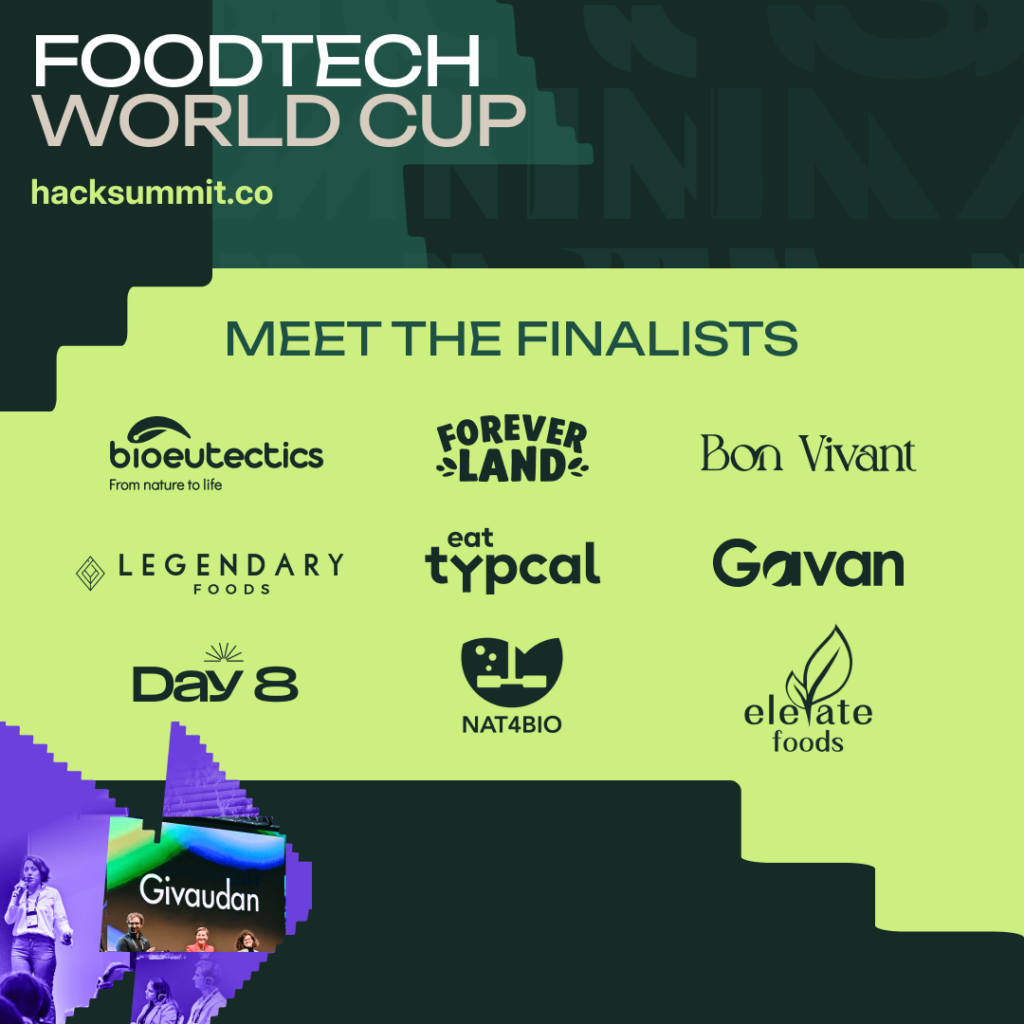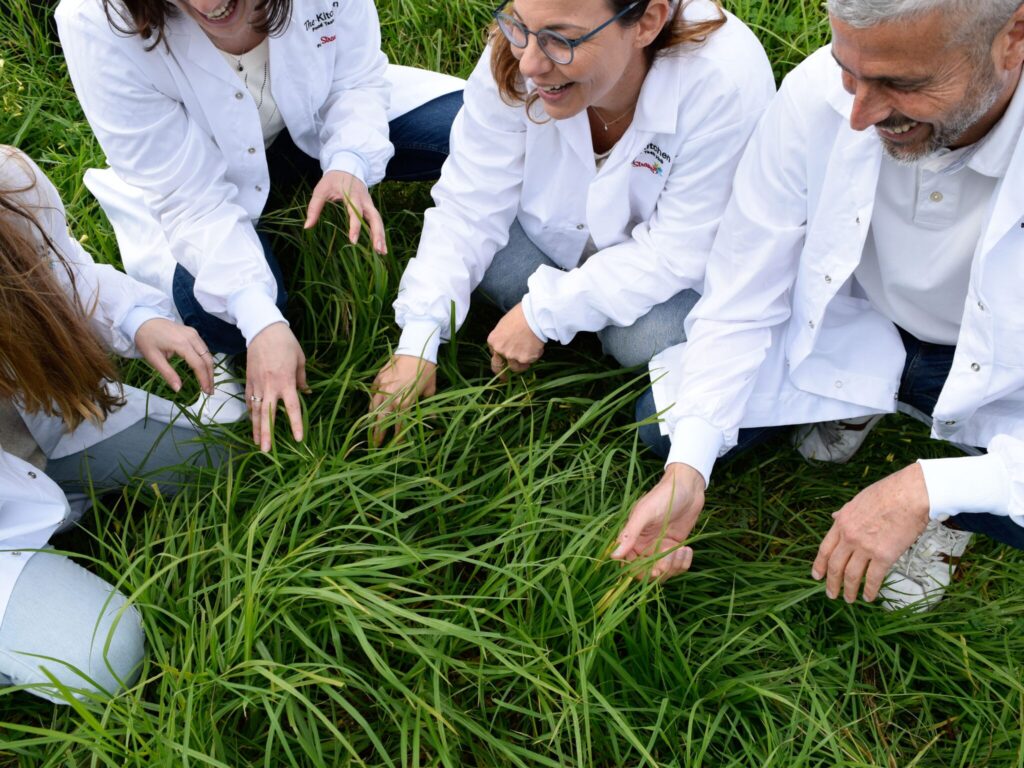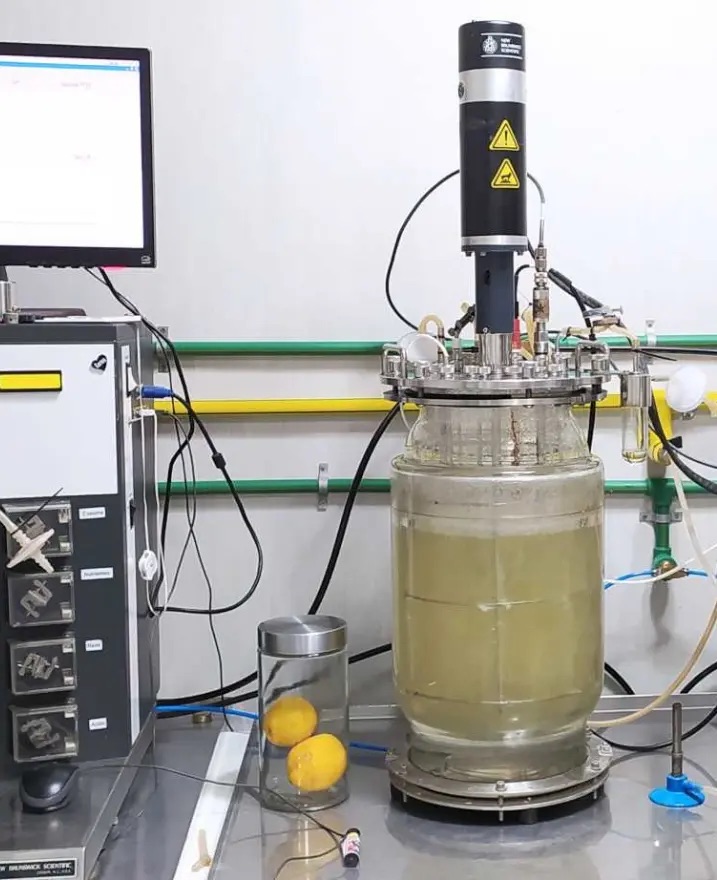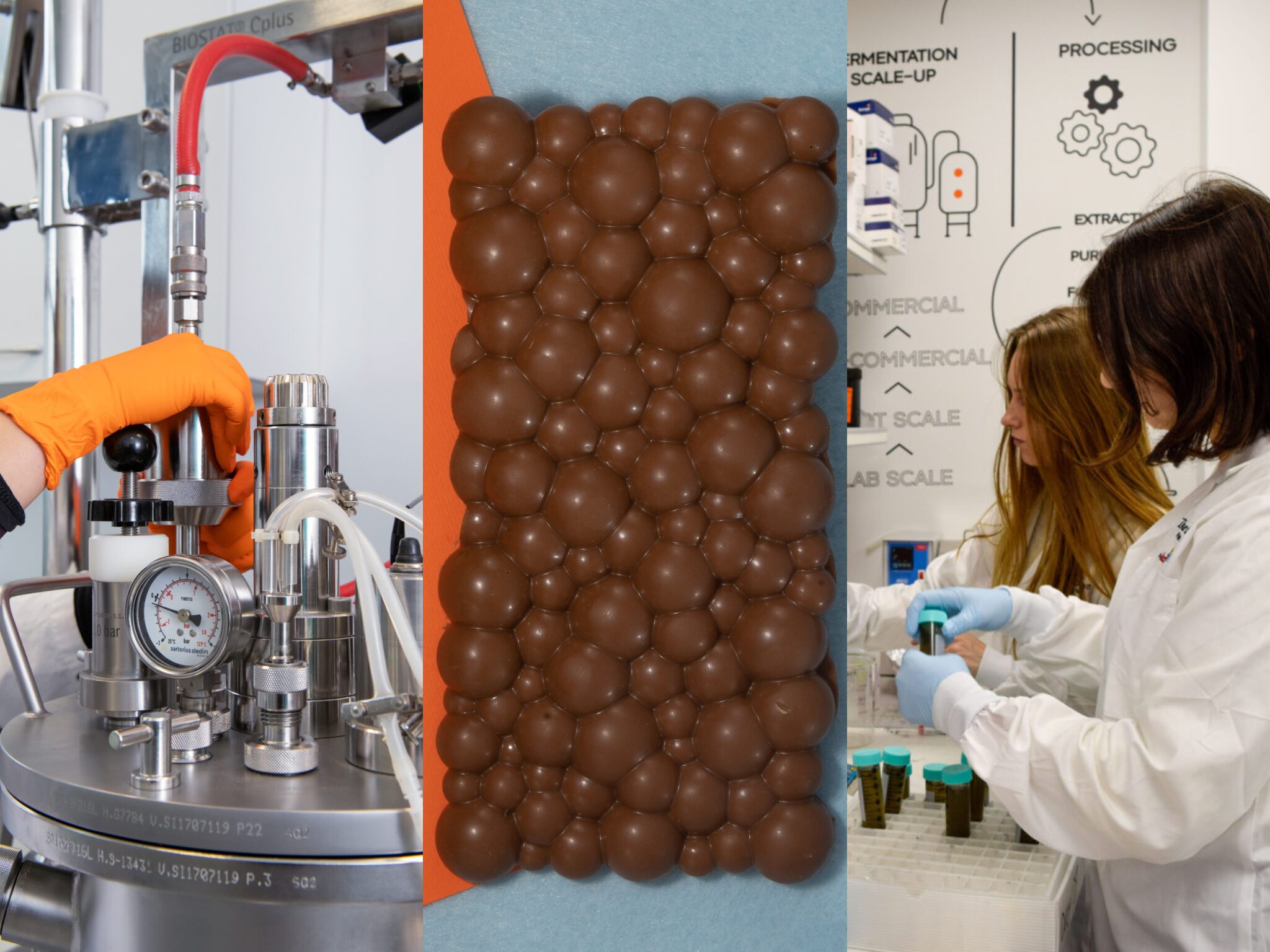FoodHack and Givaudan Announce 9 Finalists for FoodTech World Cup
6 Mins Read
Flavour manufacturer Givaudan and food tech community FoodHack have announced the nine finalists of the FoodTech World Cup, which will pitch for the win at the HackSummit next month.
Nine startups will pitch to jury members at the final of the FoodTech World Cup, the global tournament searching for disruptive technologies and consumer concepts, in Lausanne next month.
FoodHack and Givaudan’s competition, which kicked off in March, has seen applications from over 200 early-stage startups from across 49 countries. Of these, 46 were selected to pitch to 28 judges across six regions, and nine were chosen as finalists.
They will pitch their innovations to the jury at the HackSummit in Switzerland (June 13-14). Alexandre Bastos, head of front-end innovation at Givaudan, called the finalists “exceptional”. “We believe that collaboration and strategic partnerships are the key to success. By sharing expertise and resources, we can shape the future of food with these new and innovative products and solutions,” he said.

The finalists will make the same pitch they did at the semi-finals, but while that was a closed event just for the jury, their final pitches will be presented to all attendees of the summit, which will include investors, experts, startups and operators. The aim is to spark more conversations with audiences after the pitch.
The jury is looking for answers to three main questions:
- How big and impactful could this idea be in its largest form?
- Why is this the right team to bring this idea to its largest form?
- What level of conviction do we have that this technology can scale?
Here are the nine startups that have made it to the final of the FoodTech World Cup, and why.
Bioeutectics
Argentinian green solvents company Bioeutectics is helping make a critical shift away from the harmful petroleum-based solvents used in food and beverage, cosmetics, agriculture and other industries. The startup offers cost-competitive drop-in replacements that are natural, biodegradable and sustainable. The FoodTech World Cup judges found it to have strong potential, with its products not only meeting, but exceeding industry standards, positioning it as a leader in the field.
“For us, being a finalist is a very important achievement. We are [a] company with the clear vision and ambition to revolutionise the solvent industry, turning it into a green one – and it is not an easy task,” said founder and CEO Tomas Silicaro. “Because of this, having the opportunity to show what we do to such an important audience in such a massive event is really huge.”
Bon Vivant
An emerging player in the precision fermentation dairy space, Bon Vivant is working on both animal-free casein and whey proteins. Months on from a €15M seed funding round, its co-founder Stéphane Mac Millan impressed World Cup judges with a pitch on why the company will come out as a leader in the category. “We’ve all seen players building dairy alternative consumer products, but Bon Vivant is standing out by providing the inputs into better products,” said Bodil Siden, general partner at Kost Capital.
“Being selected as a finalist in the FoodTech World Cup is a tremendous honor and a testament to the hard work and innovation that our team at Bon Vivant has dedicated to developing our tech,” said co-founder and CEO Stéphane Mac Millan. “For us, it’s more than a competition; it’s an opportunity to accelerate our mission of making the global dairy industry more sustainable.”
He added: “The HackSummit stage is a powerful platform aligned perfectly with our mission – innovation through collaboration… It’s an opportunity to highlight the tangible benefits we’re creating, but also to reaffirm our belief in a future where conventional farming and innovative protein-production technologies are complementary and serve a common purpose.”

Day 8
Israel’s Day 8 is at the forefront of the duckweed/lemna protein space, extracting Rubisco – known as the most abundant protein on Earth – from the leaves of these green plants. Why the startup stood out to judges is its approach to commercialising Rubisco: unlike others in this sector, Day 8 is valorising the sidestream to produce the protein, making it less capital-intensive and more climate-friendly.
Elevate Foods
Attempting to decarbonise the agrifood industry in Asia-Pacific by addressing food waste and loss, Singapore’s Elevate Foods has an experienced team that focuses on viability and scalability. It presents a necessary solution for better food safety and waste reduction, when you think about the amount of logistics involved in the food supply chain across non-homogenous regions.
Foreverland
Disrupting Italy’s chocolate traditions with cocoa-free chocolate, Foreverland is tackling cocoa’s emissions and supply problems – the ingredient has reached all-time high prices this year. Its Freecao is a more sustainable chocolate alternative made using carob, and does not compromise on taste, according to FoodHack. The startup was chosen as a finalist due to its positioning in Italy (one of the largest chocolate markets) its strategic access to raw materials (Italy is the second-largest producer of carob), and its well-compositioned team.

Gavan
Plant-based fats have been identified as a key next step for vegan meat analogues to reach taste parity with their conventional counterparts. Gavan is making a three-ingredient plant protein-based fat that replicates the functionality of animal-derived lipids. The clean-label, low-cost and flavour-forward solution was recognised as unique by the FoodTech World Cup’s judges.
Legendary Foods
Ghanaian startup Legendary Foods is innovating in the burgeoning insect protein space, utilising larvae that are commonly consumed across multiple continents and addressing waste and circularity through its farming process. “We were impressed with the founding team’s experience, including the founder’s background in the insect alt protein industry and the team’s connections to food manufacturing, helping them lay a strong commercial foundation with two products already in [the] market,” said Abby Stern, climatic culture officer at Holocene.
Shobhita Soor, Legendary Foods’ founder and CEO, said: “The HackSummit stage will provide us with a way to get insect protein into the sustainable proteins conversation as it relates to many diverse food cultures globally. Sustainable protein and food transition conversations must take into account all food practices globally.”
Nat4Bio

Argentina’s Nat4Bio is developing biotech solutions to protect crops and extend the shelf life of produce, which minimises food waste and loss, and ensures a steady food supply. The startup has also secured a commitment from a customer to purchase its product, which demonstrates its preparedness and indicates a positive reception in the market.
“Being selected is a sign that our mission matters,” suggested co-founder and CEO Joaquin Fisch. “We already see it every time we interact with customers and when consumers hear about what we’re doing, and this is additional confirmation that we’re on the right track to having a massive impact on reducing food waste.”
Typcal
Brazilian Mycelium fermentation player Typcal is taking mushroom root and turning it into protein. “We need to accelerate the process to bring new technologies for the food industry. Typcal showed us that they are the most advanced company in Brazil that are producing proteins from fungi,” said Matías Peire, co-founder and CEO of Grid Exponential.
“It means a lot to be selected as a finalist, specially being a Latin American – more specifically, Brazilian – startup in a global competition against the best in the world, and competing with European and American food techs,” said Typcal founder and CEO Paulo Ibri. “We are looking forward to the event with an objective of expanding our operations to Europe and meeting possible partners and investors.”




